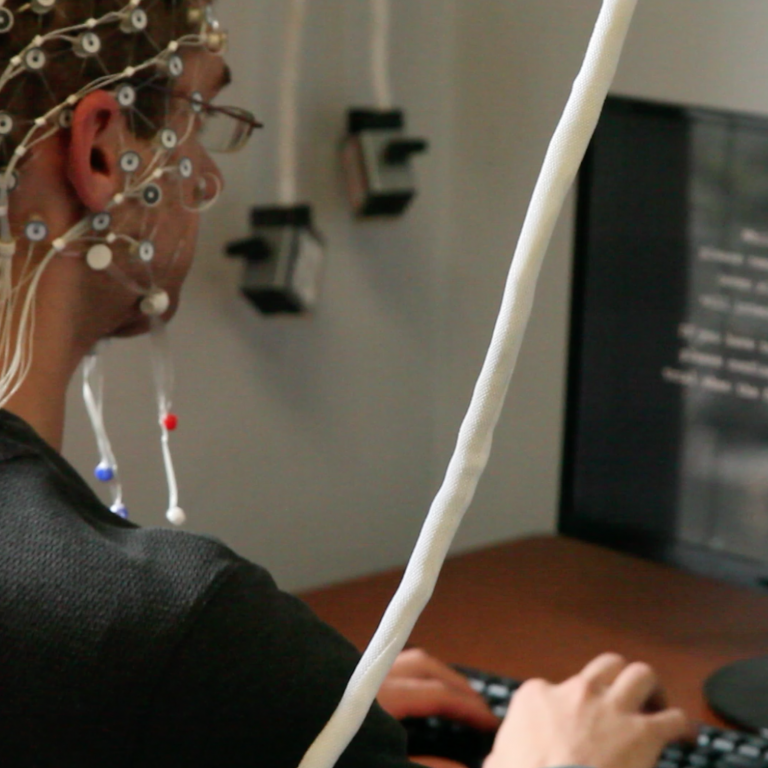by Mane Kara-Yakoubian, Psy Post
The concept of wisdom, often associated with aging, has been the subject of considerable debate in psychological research. In an overview published in Current Opinion in Psychology, Judith Glück discusses how wisdom is related to aging, concluding that wisdom does not always accompany the journey into old age.
Wisdom is a multifaceted construct that encompasses aspects of cognition, personality, and development. Cognitive-focused models view wise thinking as an awareness of uncertainty and the consideration of diverse perspectives. Sternberg’s (2019) balance theory, for instance, emphasizes balancing divergent interests and outcomes for a common good. Personality-focused models highlight characteristics like curiosity, questioning one’s beliefs, compassion, and self-transcendence. Developmental models propose that wisdom develops from life experiences, influenced by individual openness, intelligence, creativity, life experience, mentorship, and specific experiential contexts.
Despite the common assumption that wisdom comes with age, empirical evidence is mixed. Cognitive-focused measures like the Berlin Wisdom Paradigm show a positive relationship between wisdom and age in young adulthood, but a plateau or decline in older age. Other measures find linear positive relationships or U-shaped curves. Personality-focused measures, like the Three-Dimensional Wisdom Scale, often indicate a negative correlation, particularly in the cognitive dimension. These findings suggest that different components of wisdom have distinct age trajectories.
Wisdom has been shown to be a valuable resource in navigating life challenges across all phases of adulthood, but especially in older age. Wisdom helps in dealing with hardship and serves as a buffer against the negative effects of stressful experiences. Wise individuals generally report greater well-being, but not all people who report high well-being are necessarily wise.
Similar to the limitations facing most psychological research, most wisdom research has recruited Western samples. Importantly, there is a growing body of work exploring wisdom in non-Western contexts. Cultural, social, religious, and socioeconomic factors shape conceptions of wisdom, with some aspects being universal, such as concern for others, and others being more culturally specific.
The relationship between wisdom and age is complex. Individual trajectories of wisdom development vary based on experiences, contexts, and personal and interpersonal resources. Glück suggests that future research focuses on developing wisdom interventions across life phases, studying wisdom in different cultures, and devising ecologically valid measures of wisdom. With the current global challenges humans face, fostering wisdom is crucial.
The paper, “Wisdom and aging”, was authored by Judith Glück.



